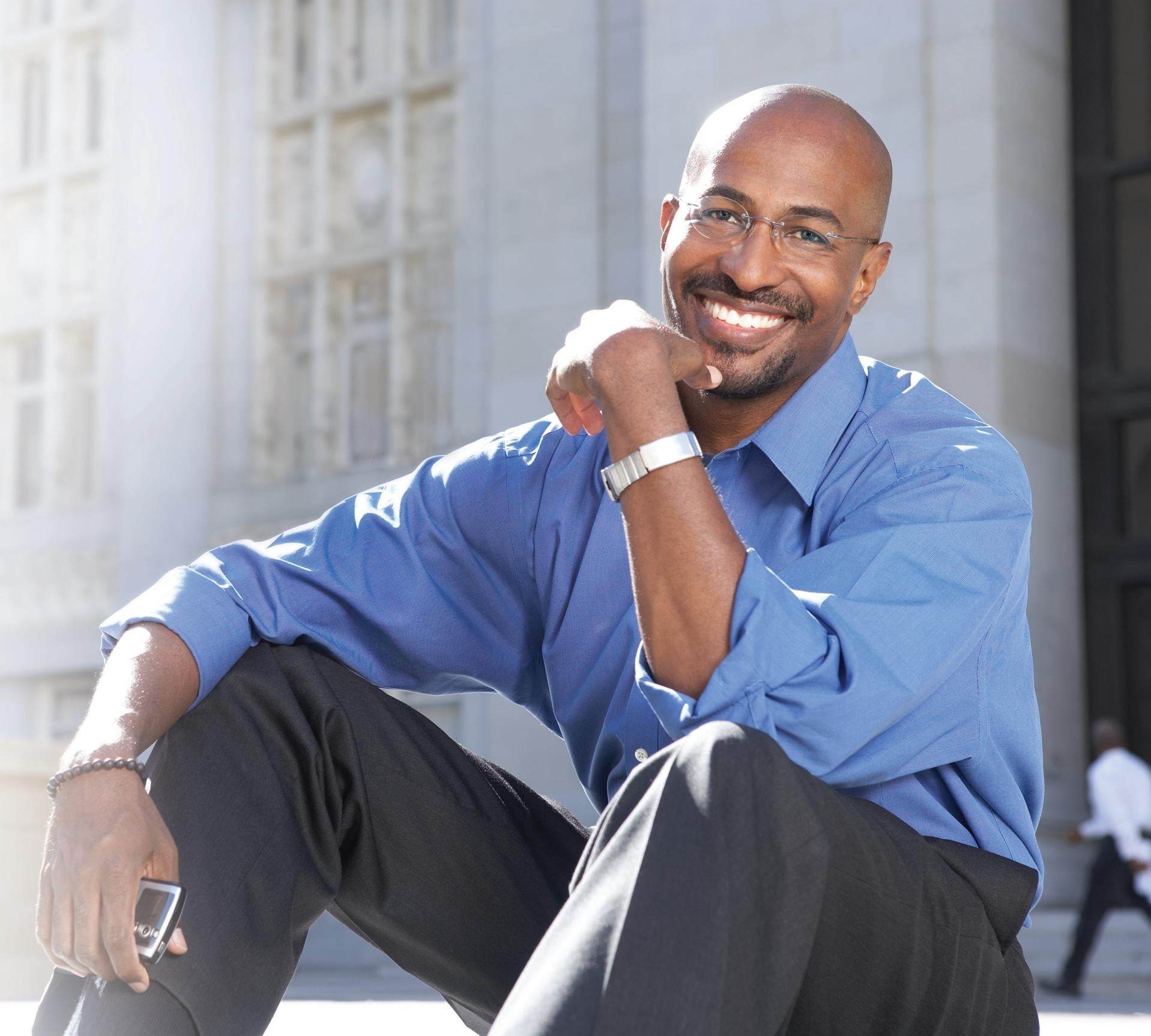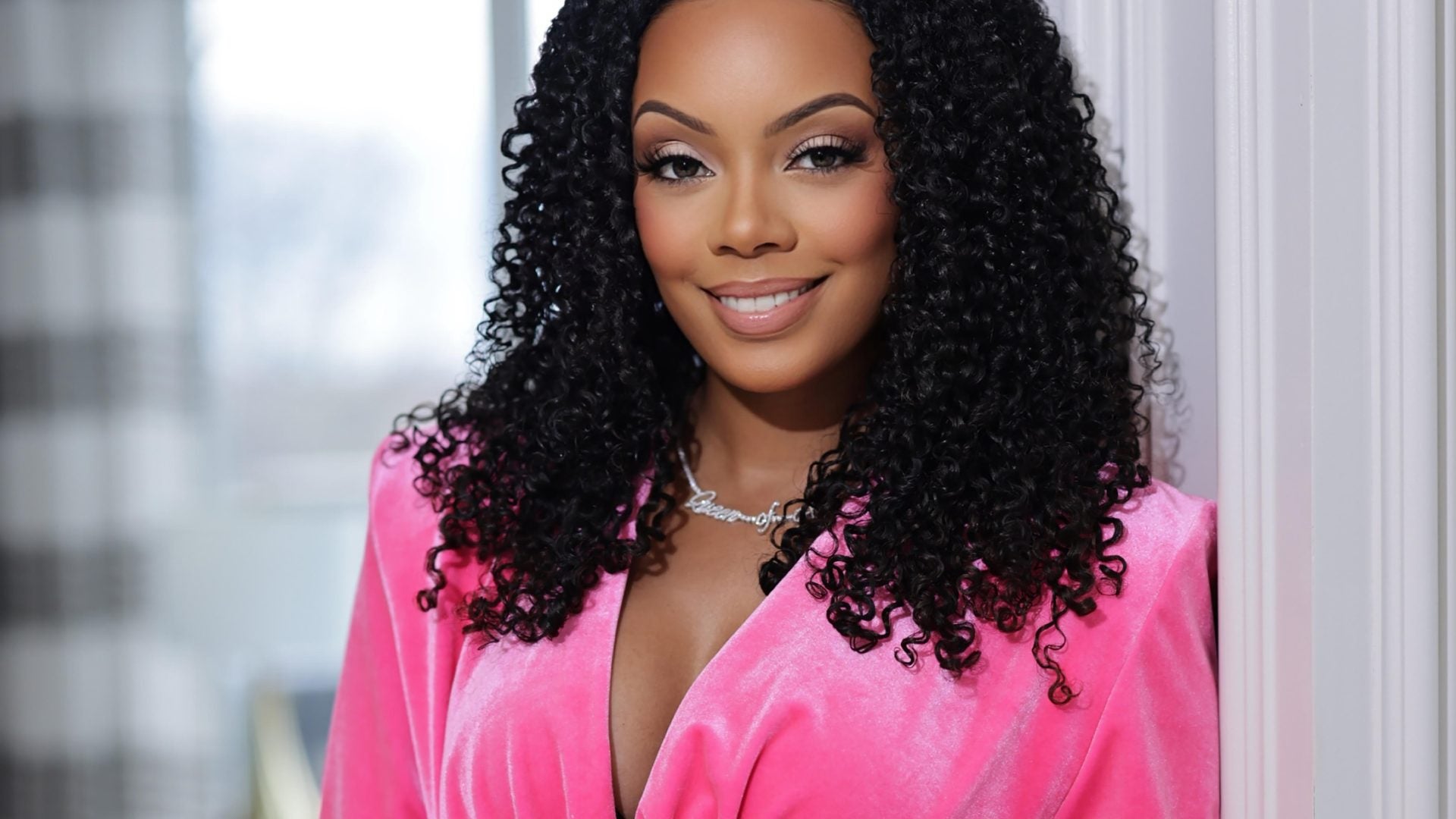
If you don’t know by now, there is more than food and great music at the ESSENCE Festival.
ESSENCE Festival headliner Prince, the Rebuild the Dream Innovation Fund and #YesWeCode will launch a hackathon in New Orleans during ESSENCE festival weekend. Our hackathon will gather innovators, coders and designers to build and design apps that drive real solutions for our communities, educators and families.
Rebuil the Dream’s president Van Jones spoke with us about Blacks in technology, the #YesWeCode initiative and what he wishes the world knew about Prince.
ESSENCE: Why is the #YesWeCode important to you and Rebuild The Dream?
VAN JONES: In America, there are kids who look like Trayvon Martin wearing hoodies that are just as smart as Mark Zuckerburg wearing a hoodie. We have not given our geniuses the tools to get out here, to be a part of this computer revolution and to create the billion dollar companies and solve problems.
ESSENCE: What kind of tools does Rebuild The Dream provide?
JONES: The #YesWeCode mission is organizing hundreds of training organizations that teach low-opportunity youth how to code computers and teach them different languages for different kinds of programs. There’s even an introductory program for young people so they can understand that you can tell a computer what to do, and if you don’t, the computer will be telling you what to do. That’s what we’re about. We have young people who could be taught the simple skill of coding, to create something out of nothing. You can sit down with a laptop and nothing else and create Twitter. Create Facebook. Create Instagram. All of those companies started with somebody sitting down to code a computer. You can literally create a million-dollar company out of nothing. It’s about our economy and where our children are going to fit into it.
ESSENCE: Did you see any evidence of that to try and get companies to sign on to #YesWeCode? Did you see any sort of resistance or played out in some sort of way?
JONES: Every company is smart enough to say that they will hire anyone that’s qualified. They’re smart enough to say that it is the law of the land and they’re smart enough to say it because there really are not enough people with a computer engineering backgrounds in the United States. A lot of the employers really are hungry to hire people no matter what color for these jobs, but if you’re in Oakland, Silicon Valley is literally 30 minutes away but there is no job-training pipeline to get you from an Oakland public high school 30 minutes down the road to a job in Silicon Valley.







What we’re saying with #YesWeCode is that mathematically talent is relatively evenly distributed through all communities. We have mathematical geniuses in our community; we’re just letting it go to waste. Silicon Valley is supposedly built on genius, that’s their mythology. But you’re not including all the geniuses that are out there. How many products and services is Silicon Valley not creating because they don’t have people from different backgrounds in the room to come up with the next big idea?
ESSENCE: What can we do to invite more women of color, specifically Black women, into the STEM game? And from your view, who are the leading Black women that can serve as models for young Black girls?
JONES: Code2040 and Black Girls Code are two groups that I think are really, really important. The founder of Code 2040, Laura Weidman Powers, is doing extraordinarily good work. Kimberly Bryant with Black Girls Code is now a legend. But often, we talk about technology [in terms of] the girls versus the boys. But in the Black community, the boys are falling off the table, period.
It’s not sexist to say ‘lets make sure these Black boys have a role’, because it’s not like the Black boys are dominating physics classes or dominating the engineering programs. They’re not even signing up. We have to be as sophisticated as the problem we’re trying to solve. A lot of times we’ll put emphasis on the Black boys and people will say, well what about the Black girls? Look at the numbers. Black girls are actually doing better than Black boys in a lot of these programs.
ESSENCE: So you’re partnering with Prince and his crew on this at the ESSENCE Festival this year. How excited are you about that?
JONES: I wish more people understood how much Prince cares about kids who don’t have a shot.
ESSENCE: Oh, yeah?
JONES: Oh my God! That’s all he talks about. He came up the hard way. He doesn’t like to talk about it. His father had musical talent, but Prince had to teach himself a lot and he was able to turn his talent into something that could change the world. He knows that our children can do that because music is literally creating something out of nothing. Coding is the same thing. He wants to make sure that our kids have a shot. But I think people would be stunned by how much support—in every way possible—that he directs towards our young people.
ESSENCE: What is your dream outcome for the #YesWeCode initiative? What would define success for you?
JONES: First of all, just to have more awareness in our community that this is a viable pathway to success. I want people to be more aware that you don’t have to be a white kid who grew up rich to get an $80,000 a year job six months from now. We can help people connect to those programs. Like I said, no prior computer training at all. I have to say it several times to Black folk because they can’t even believe it. There are 192 programs in the country and almost no Black people know about them. We want people to know that.








